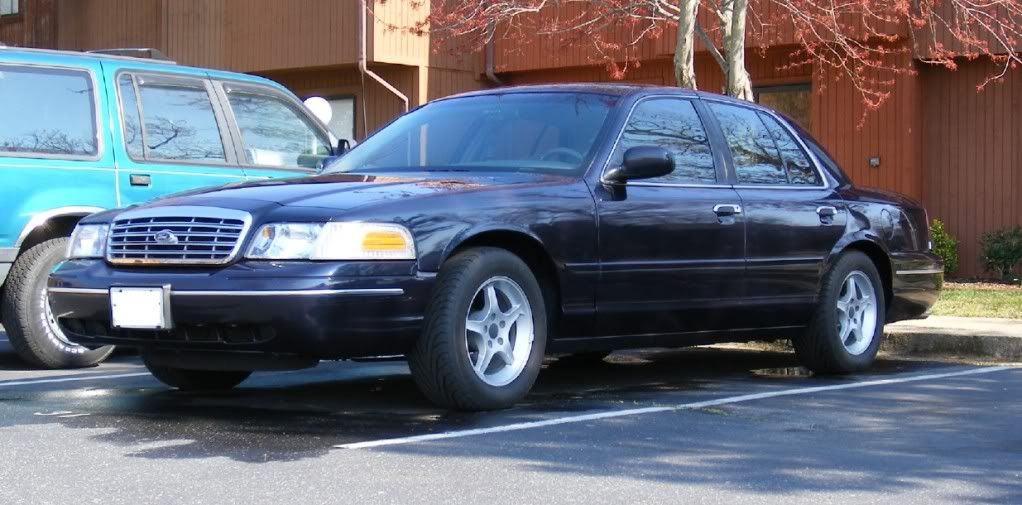Link 2LOS ANGELES – After years of anticipation, the first Chinese-built car is finally being offered for sale in the U.S.
But far from being the vanguard of an invasion of cheap Chinese cars that U.S. automakers once feared, the Coda sedan, as the model is being called, is a pricey niche model: a $44,900 all-electric sedan.
And it's not entirely Chinese. The battery is made in China by a joint venture of which Los Angeles-based Coda has a 40% stake. The body is made at a contract builder in China.
But the car was largely engineered in the U.S., and some of its electronics are American-made. Plus, the battery is attached to the body in Benicia, Calif.
Coda executives aren't shy about the car's origins. "This will be the first Chinese car in the U.S.," Coda CEO Philip Murtaugh declared as he opened Coda's sales center at a shopping mall in Los Angeles' tony Century City last week.
Rather than looking like a high-tech wonder, the Coda is a plain sedan that is priced almost $5,000 more than the Chevrolet Volt extended-range electric and about $9,700 more than the all-electric Nissan Leaf. All-electric vehicles are eligible for federal tax credits up to $7,500, which reduce their cost a bit.
But Coda has a longer range than its two better-known competitors. Test drivers report going more than 100 miles between charges in the Coda, including climbing hills and cruising freeways at more than 70 miles per hour. Murtaugh says range will be the edge that allows the Coda to compete against better-known, lower-priced brands.
While lithium-ion batteries have become somewhat of an electric-car mainstay, Coda uses a different chemistry — lithium iron phosphate. Some 728 cells are built into the chassis.
Coda is the exception in a Chinese auto industry that explored coming to the U.S. but never made the move. Demand in China, one of the world's fastest-growing auto markets, has been so vibrant that there was no need. And Chinese automakers have had trouble reaching the quality levels demanded by U.S. consumers, analysts say.
Even now, "All Chinese automakers need improvements in vehicles and design," says Tim Dunne, director of global auto operations for J.D. Power and Associates, who was stationed in China for 14 years.
Chinese auto exports are increasing, but mostly to other emerging nations. Alysha Webb, a former Automotive News correspondent in China who now writes a Chinese car blog, says she's not sure American car buyers will be "comfortable" buying Chinese. "I think it is going to be a big issue."
End of era: Last Ford Crown Victoria rolls down line
Employees gather around as the last Ford Crown Victoria rolls off the production at the St. Thomas Assembly Plant in St. Thomas, Ontario,CAPTIONBy GEOFF ROBINS, CNWThe last Ford Crown Victoria rolled off the assembly line at the automaker's St. Thomas plant in Canada today, marking the end of the huge, body-on-frame, rear-wheel-drive car as the reigning king of the American road.
In its last year, the Crown Vic, as it is known, was being bought almost entirely by police departments and taxi operators who appreciated its body-on-frame construction which helped it stand up to a daily beating.
Along with its predecessors, cars like the Ford LTD and Galaxie, Chevrolet Caprice and Plymouth Fury, and various corporate clones, the full-size sedan with a V-8 engine was a symbol of American success for middle-class families from the 1960s to the 1990s when the SUV craze truly took hold. The large, heavy car was product of cheap gas and a desire for roomy interiors that eclipsed the smaller cars driven in much of the rest of the world.
While the rest of us lament the passing of an era, Ford is going to miss the healthy profits that the Crown Vic brought in. It sold 1.8 million of them since the latest version was introduced in 1992. As other automakers spent billions developing smaller, more fuel-thrifty, unibody cars, the Crown Vic plodded on. As if in tribute, Ford has seen a rush of sales on the Crown Vic in its waning months, likely from police departments who aren't anxious to experiment with replacements.
Besides the Crown Vic, its corporate sister, the Lincoln Town Car, a favorite of car-service operators, is also disappearing this year. Ford is trying to corporate fleet operators on various alternative models as replacements -- from Transit Connect vans for taxi services to Lincoln MKT crossovers to limousine operators.




